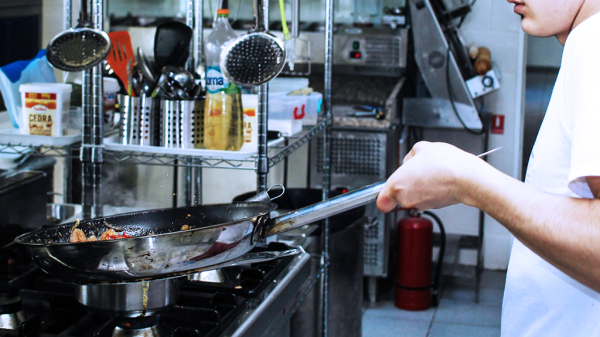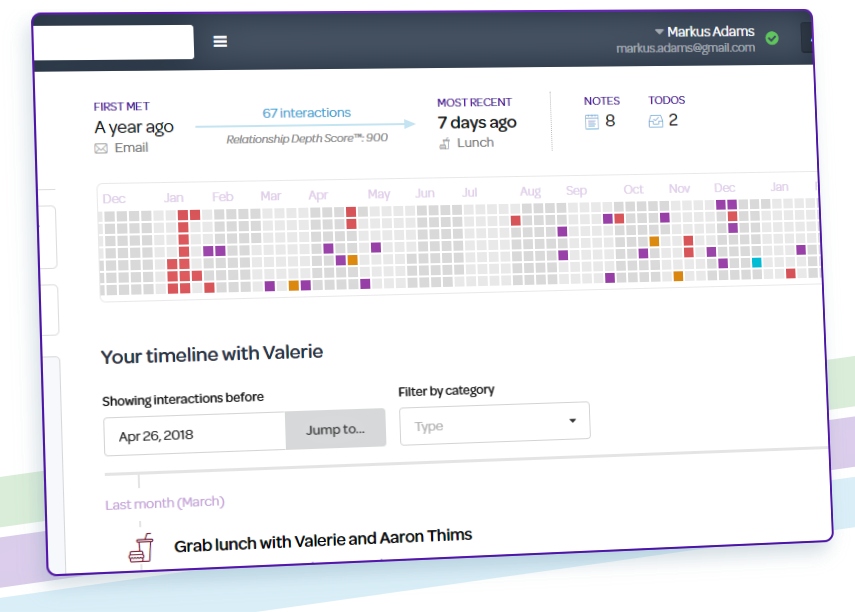
Natural disasters across America
In light of recent natural disasters in America, most notably tornadoes in the South breaking death toll records, people are questioning the safety of where the live. While it seems a better use of time to educate locals and prepare for disaster and learn how to brace or avoid, it is still of interest to some which cities rank as safe and which are unsafe.
I’d like to preface with a note that recent assessments of the safety of cities has very much upset something I have always held so dear- my safety and pride in that safety. I live in Austin where we have flash floods, but natives know not to drive and how to prepare, even for the 100 year floods. We get tornado warnings, but touchdowns are rare and I supposed we get hail, but we don’t have hurricanes, earthquakes, volcanoes, or hell, even bedbugs (knock on wood).
When I was in college at the University of Texas, Dr. Mosher (now Dean of of the School of Geosciences) said offhandedly that she lives in Austin because it is one of the safest cities in America based on geology, prone only to flooding which is completely avoidable by living on hills (we don’t have mudslides, we’re on rock) and away from the lakes and creeks banks.
I don’t know if nature has changed since I was in college, I don’t feel like it was that long ago, but the New York Times says it has in a recent NYT interactive map on the topic. Not only is Austin in the red zone, it is in the top 8 most dangerous cities regarding natural disasters.
Natural disasters- where is safe?
Of the 379 largest metro areas studied, the top eight highest risk cities are:
- Dallas ranks the worst for hail, wind, drought, floods, tornadoes, sometimes hurricanes (uh whatever, nyt), but no earthquakes.
- Jonesboro, AR
- Corpus Christi, TX
- Houston, TX
- Beaumont, TX
- Shreveport, LA
- Austin, TX
- Birmingham, AL
The top eight least risky cities according to the study:
- Corvalis, OR ranked the least risky for a small quake and drought risk and little “extreme” weather
- Mt. Vernon, WA
- Bellingham, WA
- Wenatchee, WA
- Grand Junction, OH
- Spokane, WA
- Salem, OR
- Seattle, WA
Study map and takeaway
So basically, Texas is muy scary and Washington is super awesome. I feel like the NYT staff visited Texas, had a bad experience in the airport (probably based on an interaction with a fellow New Yorker also visiting) and marked Texas as a crappy state but went to Washington for some rainy grunge concert and fell in love.
I’m being defensive and facetious, but seriously, this study is playing on the current fears of tornadoes, nothing more. Never mind that the study doesn’t take into account tsunamis (hello, California), snowpocalypses (hello NYT offices and everyone up north), volcanoes (oh hi, Hawaii), mud slides (California), extreme heat (okay Texas has that), oil spills (not natural, but whatever, hello Alaska). You get the point. This map is accurate for danger levels with tornadoes, but that’s about it.
Lani is the COO and News Director at The American Genius, has co-authored a book, co-founded BASHH, Austin Digital Jobs, Remote Digital Jobs, and is a seasoned business writer and editorialist with a penchant for the irreverent.









































Joe Loomer
May 4, 2011 at 2:58 am
Completely agree with your dissection of this post – no mention whatsoever of the widely-held scientific notion that Yosemite is actually a powder-keg, and what was that place again? Mount Saint Helens? Oh yeah, that thing – in what state?
Navy Chief, Navy Pride
Deryn
August 25, 2011 at 12:13 am
Thanks, Joe — I was going to get all sarcastic up in here myself about the super-safety of the not-at-all-dormant Mount Rainier, but you beat me to it. By a lot. 🙂
Al Lorenz
May 4, 2011 at 4:19 pm
Snowpocalypses are not something for everybody up north, unless you are a Texas driver (smile). Actually, I think it is a pretty good look at risk. Mt. St Helens doesn't threaten Corvalis, Mt. Vernon, Anacortes, Bellingham nor Wenatchee. A volcano is not like a hurricane in that it can strike in an wide area.
I lived in Texas for years, I know the hailstorms, tornadoes, hurricanes, etc. But, you don't get earthquakes down there! Most importantly, anything can be survived, if you want to prepare for it. I'd trade some of that capitalism that is attracting all the folks to Texas for a thunderstorm or two!
crystalmwa
May 21, 2012 at 4:08 pm
So…all of those “volcano evacuation” routes around WA state for BOTH Mt Rainier and Mt Baker, those don’t mean anything? And Mt St Helen blowing her top and wiping out 200 sq miles of forest, animals, bugs, and people, what about that? What about the two fault lines that Seattle is near, one being right under the city? What about the flooding that happens so often around here because it rains so damn much. Oh yeah and the viaduct, while that thing might not be “natural” it sure is a disaster… 😉
Kinslink
December 19, 2017 at 9:33 pm
There’s a reason why many data centers choose Austin. Austin is probably one of the safest cities in Texas from natural disasters. Check this map out on how data centers find the right place for their faculties. https://www.datafoundry.com/resource/data-sheet/austin-risk-assessment.pdf